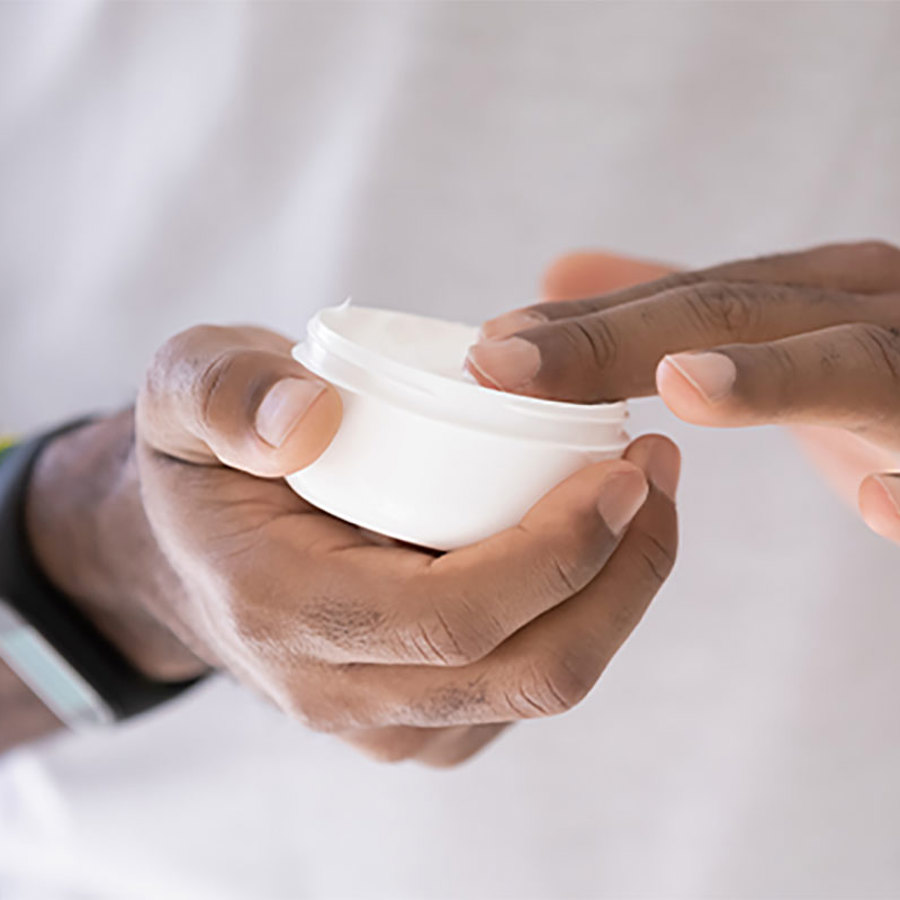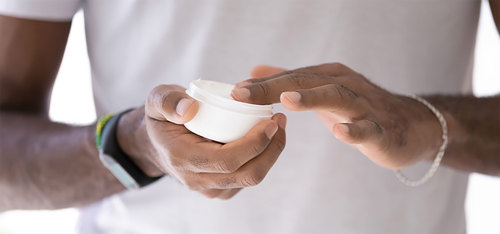
Are ‘DNA beauty products’ effective?

- Related Topics:
- Personalized medicine,
- Futuristic science,
- Biotechnology
A curious adult from California asks:
“I saw some DNA beauty products on sale at different department stores. Are they effective? Should they really cost so much? Please advise.”
Beauty products based on your DNA – is this just a bunch of snake oil or is it for real? For now, it would appear that these products are just a marketing ploy. But there may be potential for DNA-based cosmetics in the future, depending on which products you’re talking about.
As a disclaimer, I am not an expert on cosmetics or dermatology. But from what I’ve read, it looks to me like there are two kinds of DNA based cosmetics. The first uses DNA research to come up with new kinds of ingredients to add to cosmetics. The second promises to use your genetic profile to create a makeup just for you.
Let's start with the second one. I don't think that personalized makeup from a reading of your genes is effective yet. In the future, it might be where the field of cosmetics is headed but for now, the science just isn't ready for primetime.
I am sure you have heard someone talk about smooth skin running in the family or something like that. The idea is that there are genes responsible for this and that there is a mix of ingredients appropriate for your personal genetics.
This idea is catching on for medicine where doctors can prescribe the right medicine based on your DNA. In a recent example, the lung cancer drug Iressa was found to be most effective for people with a certain DNA change or mutation. If it works for medicine, why not makeup?
Perhaps not surprisingly, much less is known about how the skin works and how cosmetic ingredients work with respect to a certain gene. Which genes influence how skin will age and how certain makeup will work just isn't that clear right now.


The other kind of DNA makeup may be a better bet. These cosmetics contain ingredients based on what scientists are learning about genes and skin. Some might be good, others are clearly bogus. For example, one skin cream has proteins added that are known to help heal the skin during sun exposure--a reasonable idea that might work. One less useful one contains salmon DNA for some unknown reason.
Of course, I am not an expert on makeup. As I said, this will probably be the wave of the future for both medicine and cosmetics. As for cost, who can say? If it works, it may be worth the cost but its effectiveness will probably have little to do with your genes.

Author: Dr. D. Barry Starr
Barry served as The Tech Geneticist from 2002-2018. He founded Ask-a-Geneticist, answered thousands of questions submitted by people from all around the world, and oversaw and edited all articles published during his tenure. AAG is part of the Stanford at The Tech program, which brings Stanford scientists to The Tech to answer questions for this site, as well as to run science activities with visitors at The Tech Interactive in downtown San Jose.
 Skip Navigation
Skip Navigation
